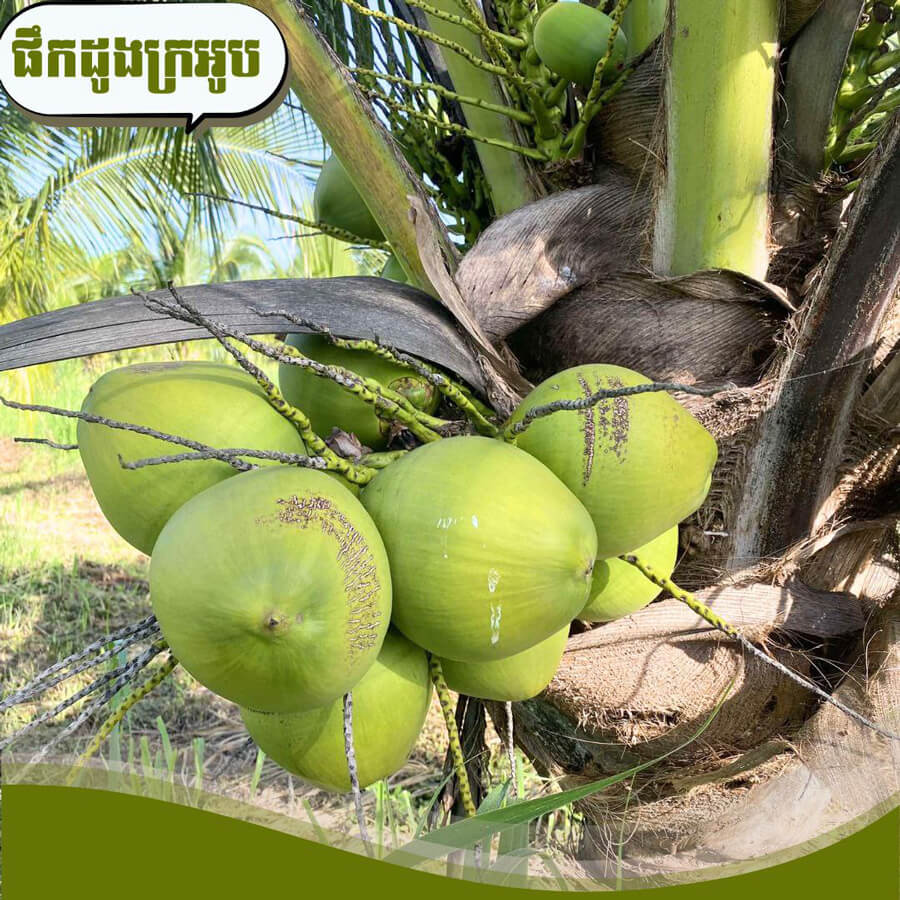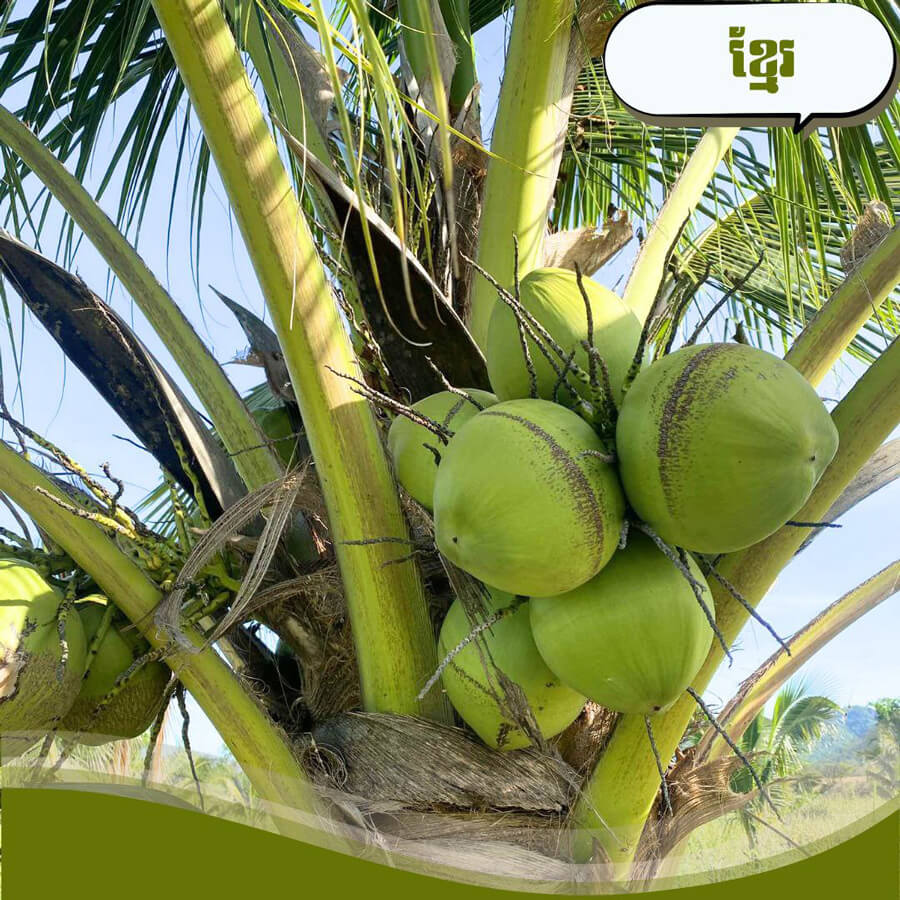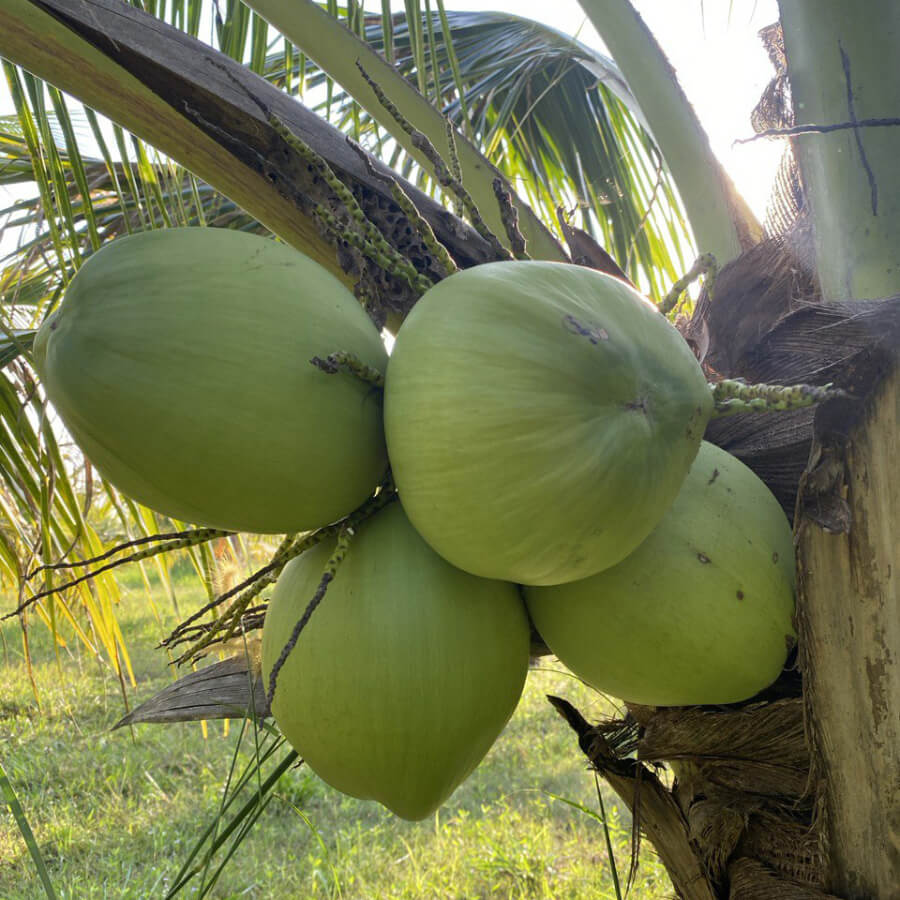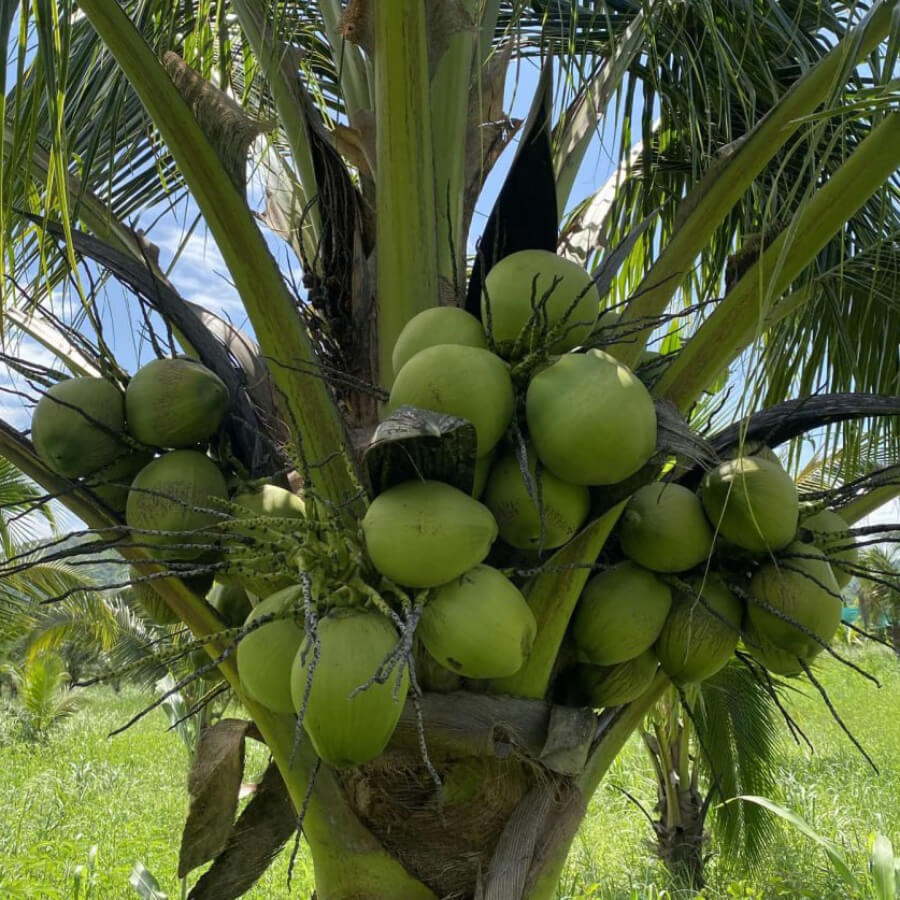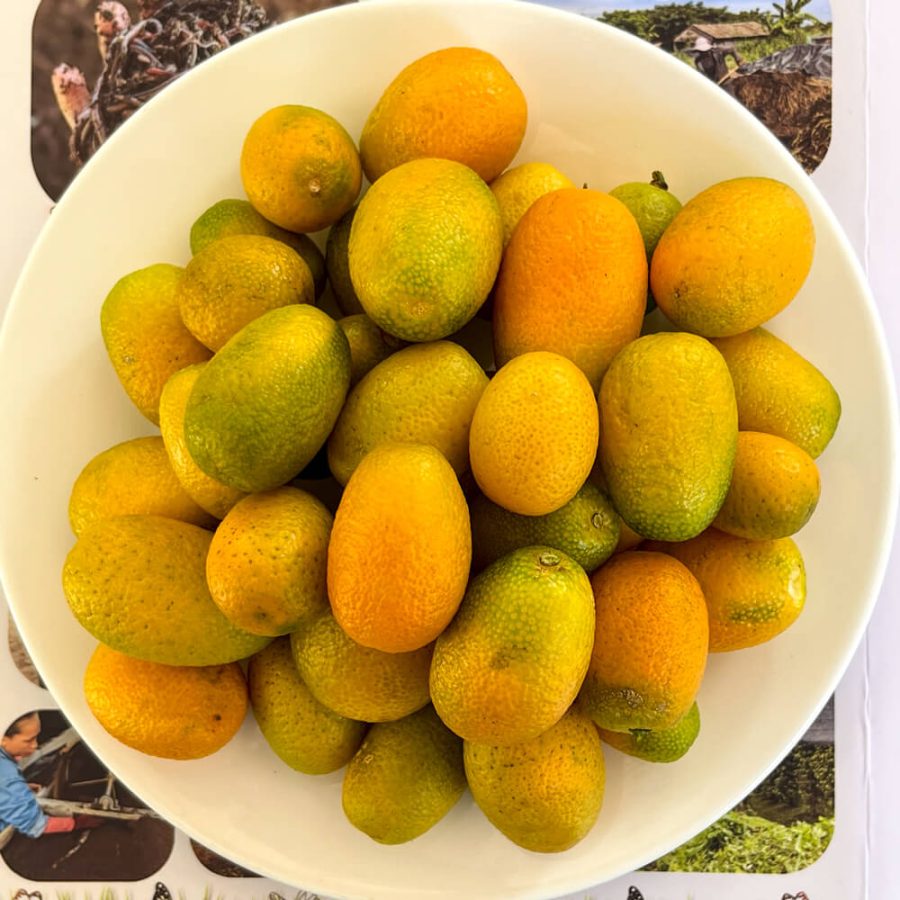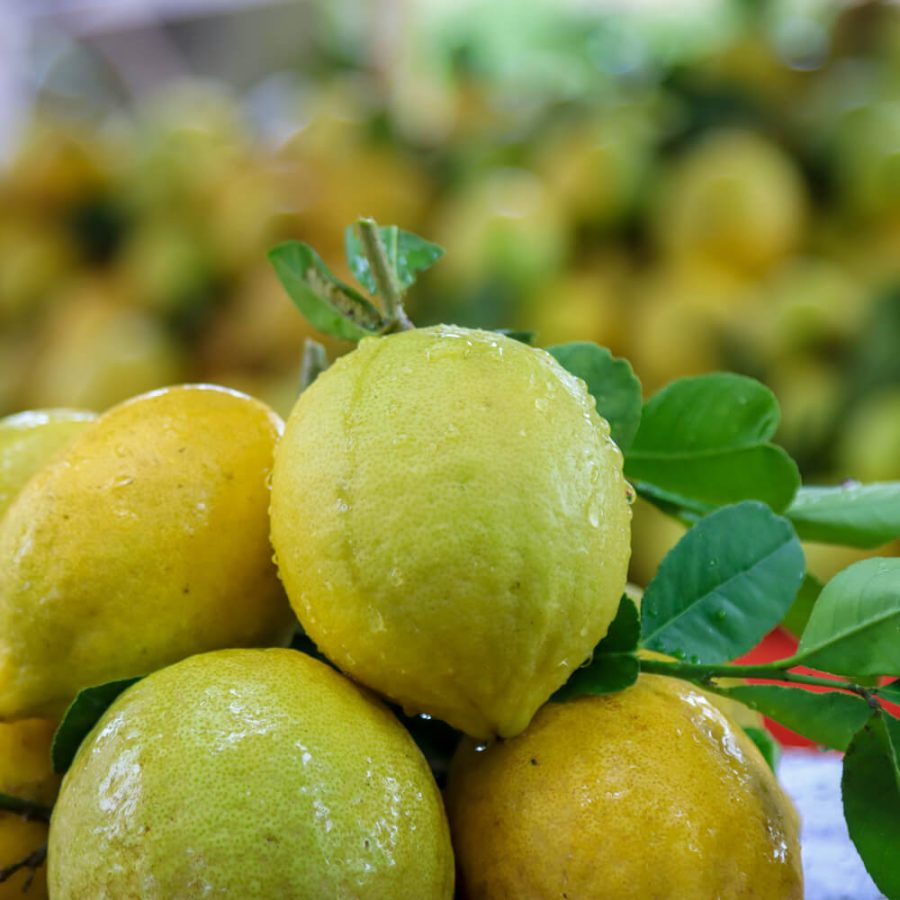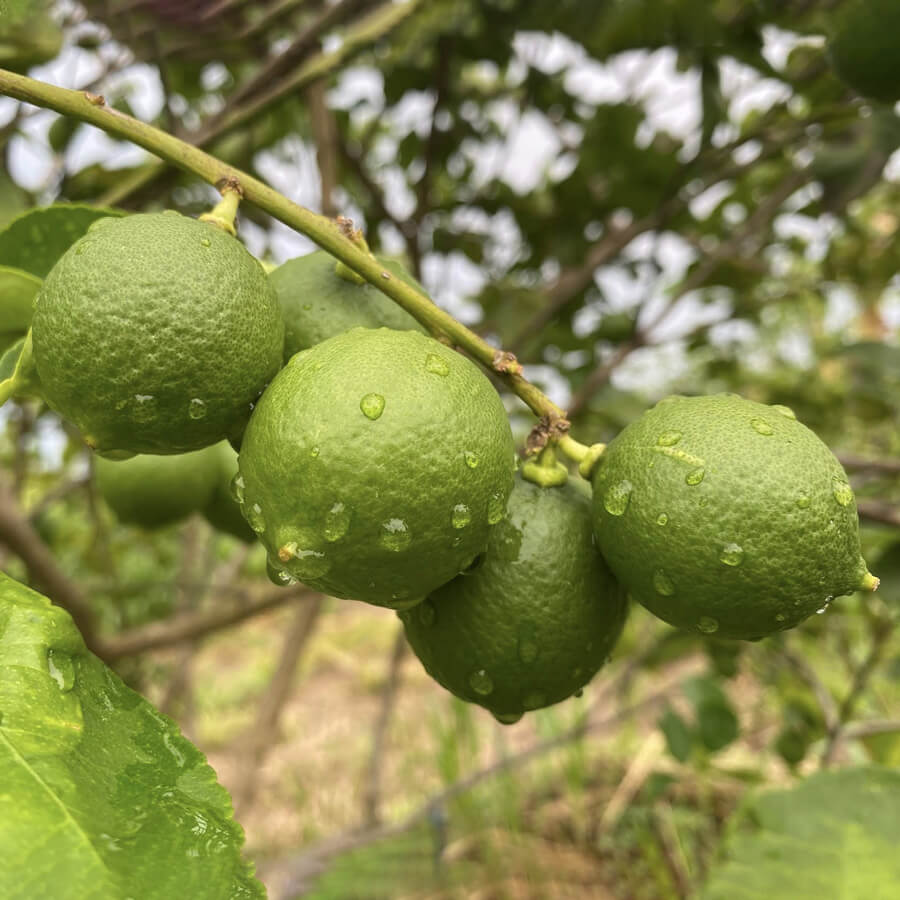Coconut meat is rich in healthy fats, primarily saturated fats, which provide energy and contribute to skin and hair health. Coconut oil, extracted from the meat, is widely used in cooking, skincare, and haircare due to its nourishing properties. Coconut water, on the other hand, is a natural, low-calorie beverage known for its electrolytes, particularly potassium, making it a popular hydration drink, especially in tropical regions.
Coconuts also play an important role in many cultures. In the kitchen, they are used in a variety of dishes, ranging from savory curries and soups to sweet desserts and drinks. Coconut milk is a key ingredient in many Asian and Caribbean cuisines, adding richness and flavor to curries, soups, and sauces. Shredded coconut is often used in baking, such as in coconut macaroons or as a topping for cakes and cookies.
Beyond the culinary world, coconuts have a variety of other uses. The husk can be turned into coir, a fiber that’s used to make mats, ropes, and other products. The shell, after being hollowed out, is sometimes used to make bowls, utensils, or even charcoal. The leaves of the coconut palm are also used for crafting items like baskets, roofing, and mats.
Nutritionally, coconut provides essential vitamins, minerals, and antioxidants, including vitamin C, magnesium, iron, and manganese. Though it has a high fat content, it’s primarily in the form of medium-chain triglycerides (MCTs), which are easily converted into energy by the body. Despite its rich fat content, coconut has been associated with various health benefits, including supporting heart health, improving digestion, and promoting skin health.
In summary, the coconut is an incredibly versatile and valuable fruit that offers a range of health benefits and practical uses. Whether consumed as a refreshing drink, used in cooking, or incorporated into beauty routines, coconuts continue to play a vital role in many parts of the world.

